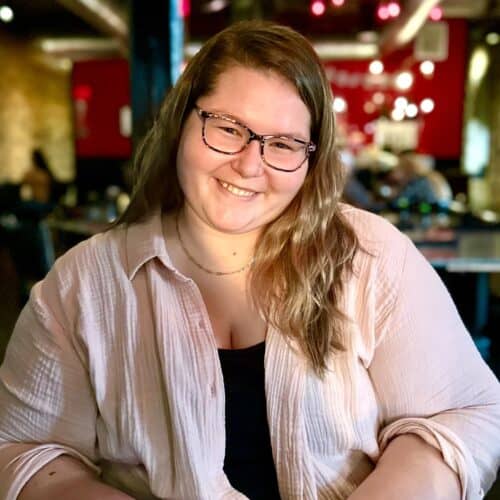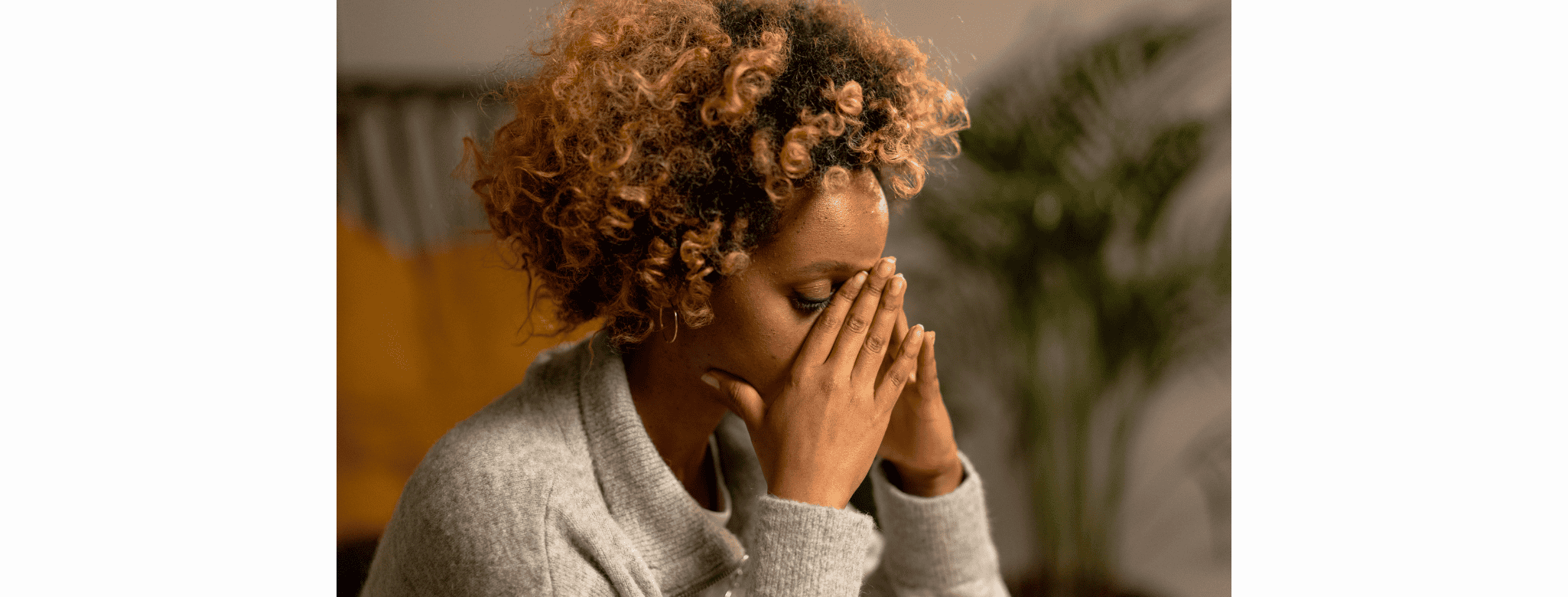Getting Through the Daily Chaos: How to Support Myself and My Family When Having an Anxiety Spiral

By Dr. Sam Simon, LCMHC-QS, NCC (she/they)
Picture this: you wake up to a 5am alarm and your heart is already rapid-fire beating out of your chest. You start thinking about all of things you must do today “make sure to take Sara to band practice,” “make sure to pack Brian’s lunch,” “drop clothes off at the dry cleaner”…
oh, and “plan talking points for the parent-teacher conference.” You continue to make a mental list of all of the to-do’s you have got to get through, and you haven’t even got out of bed yet. It’s hard to exist in this world, and even harder when you have multiple roles Mother, Wife, Sister, Daughter, Worker, Caregiver, etc.
Anxiety can cause even more distress in this vicious cycle. Maybe we doubt ourselves and our abilities- imposter syndrome anyone? Maybe we have Mom guilt for having a thirty-minute self-care routine.
As a human, and especially as a Mother, there is a lot of stigma attached to having any mental health concerns, even though our society standards are making us sick.
Dr. Sam Simon
Why We Get Anxious
From an evolutionary perspective, anxiety was made to protect us.
There are certain points in our lives where our fight, flight, or freeze instinct kicks in to make sure we walk away from a disaster, leave a dangerous situation, and, above all else, survive. What our brains did not prepare for…. was technology, capitalism, and the 21st century.
Instead of lions that may be trying to kill us, our fight or flight system may be activated by a certain ring tone, email, or simply… a to-do list.

How American Culture Feeds Anxiety
In American society, we are taught from a very young age that we must consistently be “on,” alert, and “grinding” towards a goal or else we are not “contributing members of society.” Our brains are literally wired to interpret if we rest, if we are not perfect, we will die.
Although logically you may be thinking “I know that’s not true” our bodies may not also get this memo. That to-do list may create an anxiety spiral, sometimes even panic attacks where your body cannot distinguish that it is safe.
As a human, and especially as a Mother, there is a lot of stigma attached to having any mental health concerns, even though our society standards are making us sick. What can we do?
Helpful Tips for When Your Spiraling
1.Breathe. I know that it may seem easy, but, there are some intentional breathing exercises that can naturally calm down your nervous system. See some examples here.
2. Safety map your area. Point out specific things in your environment that make you feel safe. Notice exits, notate the wall color, notice any smells, things you hear, and sensations you feel, and name them. This will allow for your body to ground itself in the present moment and therefore tell your brain you are safe.
3. Have preventative conversations with your loved ones. Normalize anxiety and what it looks like for you. For example, saying “When Mommy puts her hand on her chest and is breathing hard that may mean I am upset or anxious, when that happens here is what we can do together…” Then lead your kiddo into a breathing exercise with you, or have your kiddo know that they need to go to their other parent and check in.
4. Find a wellness plan that is realistic. Your budget may not allow for massages every week, but can you make sure to set aside fifteen minutes a day to breathe and/or talk to your friend on the phone? Can you make a preventative plan with your parents/support systems to take the kiddos every Tuesday for an hour so you can watch TikTok’s in peace? Can you advocate for yourself at work to have accommodations for your anxiety?
5. Shock your system. Things that help really quickly in a panic attack situation: ice/cold sensations and sour/spicy sensations. I usually tell my clients to carry around some type of sour candy (warheads usually) with them if they know they are going into an anxiety provoking situation. Don’t like sour? Find something cold and press it on your chest. Your vagus nerve is here and it can help calm down your nervous system.
6. Ask for help. A counselor and/or a medication management provider can help talk through stressors and if needed, get you a medication regime to help. Start with psychology today and/or reach out to a friend who is in therapy for info on their therapist
Be Gentle with Yourself
Be gentle with yourself. Anxiety in our society is inevitable for most individuals. Normalizing it with yourself and your family can create educational dialogue that de-stigmatizes and releases you from the pressure to be perfect.
About the author. Dr. Sam Simon (she/they), is a Licensed Clinical Mental Health Counselor and Qualified Clinical Supervisor for NC, as well as a Nationally Certified Counselor. She is Clinic Director of Ellie Mental Health-Raleigh on Blue Ridge Rd., and has clinical experience working in hospital, outpatient mental health, and college counseling settings. specialize in working with those in the LGBTQ+ community, especially those in the gender expansive community. She is an adjunct professor of Counseling and study wellness impacts on the counseling community.
Spread the word
Medical Disclaimer: All content found on the HER Health Collective Website was created for informational purposes only and are the opinions of the HER Health Collective experts and professional contributors. The Content is not intended to be a substitute for professional medical advice, diagnosis, or treatment. Always seek the advice of your physician or other qualified health providers with any questions you may have regarding a medical condition. Never disregard professional medical advice or delay in seeking it because of something you have read on this Website. If you think you may have a medical emergency, call your doctor, go to the emergency department, or call 911 immediately.
